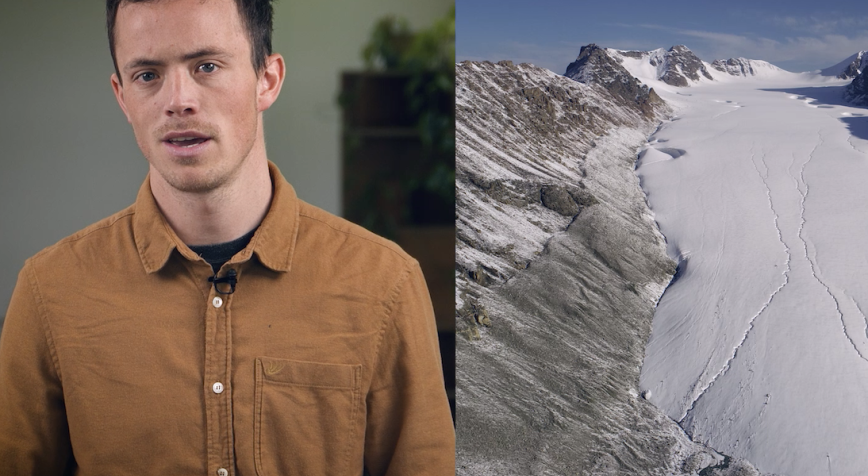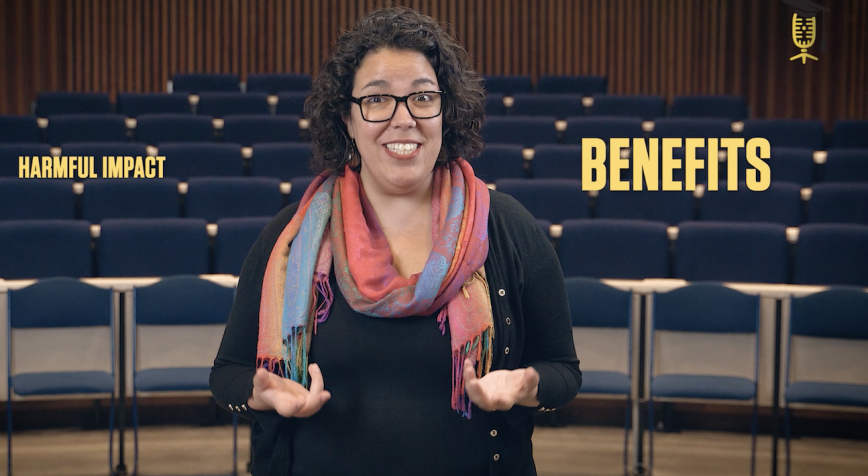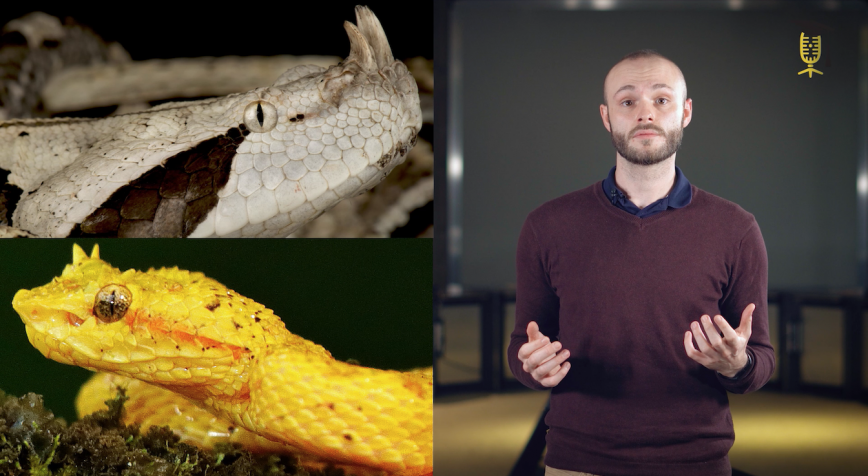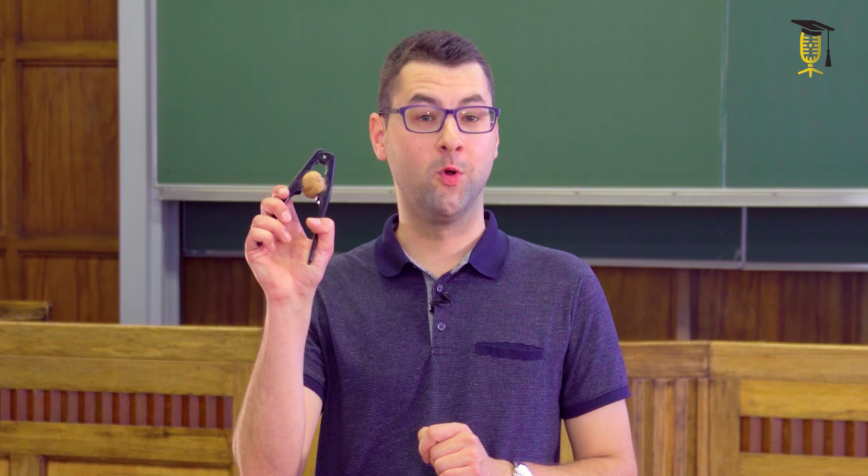
VUB
Glaciers in Kyrgyzstan are disappearing at an alarming rate
Did you know that every two minutes, enough ice melts on Earth to fill around 400 Olympic swimming pools with its meltwater? "The urgency is real – glaciers worldwide are disappearing at an alarming rate. In various corners of the globe, millions rely on these majestic glaciers for their drinking water and agricultural needs." Dive into the eye-opening short trip with glaciologist Lander Van Tricht as he takes you on a glacier expedition in Kyrgyzstan.




